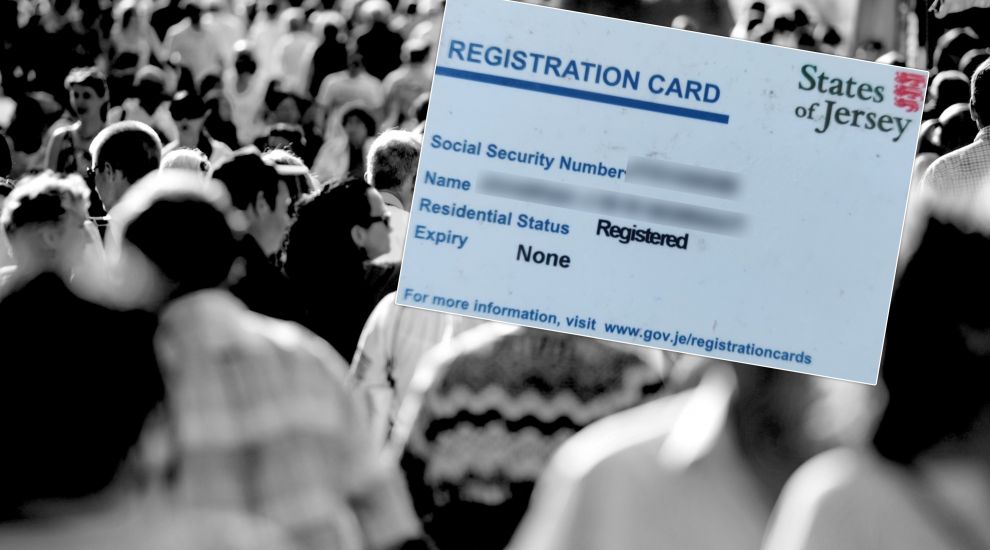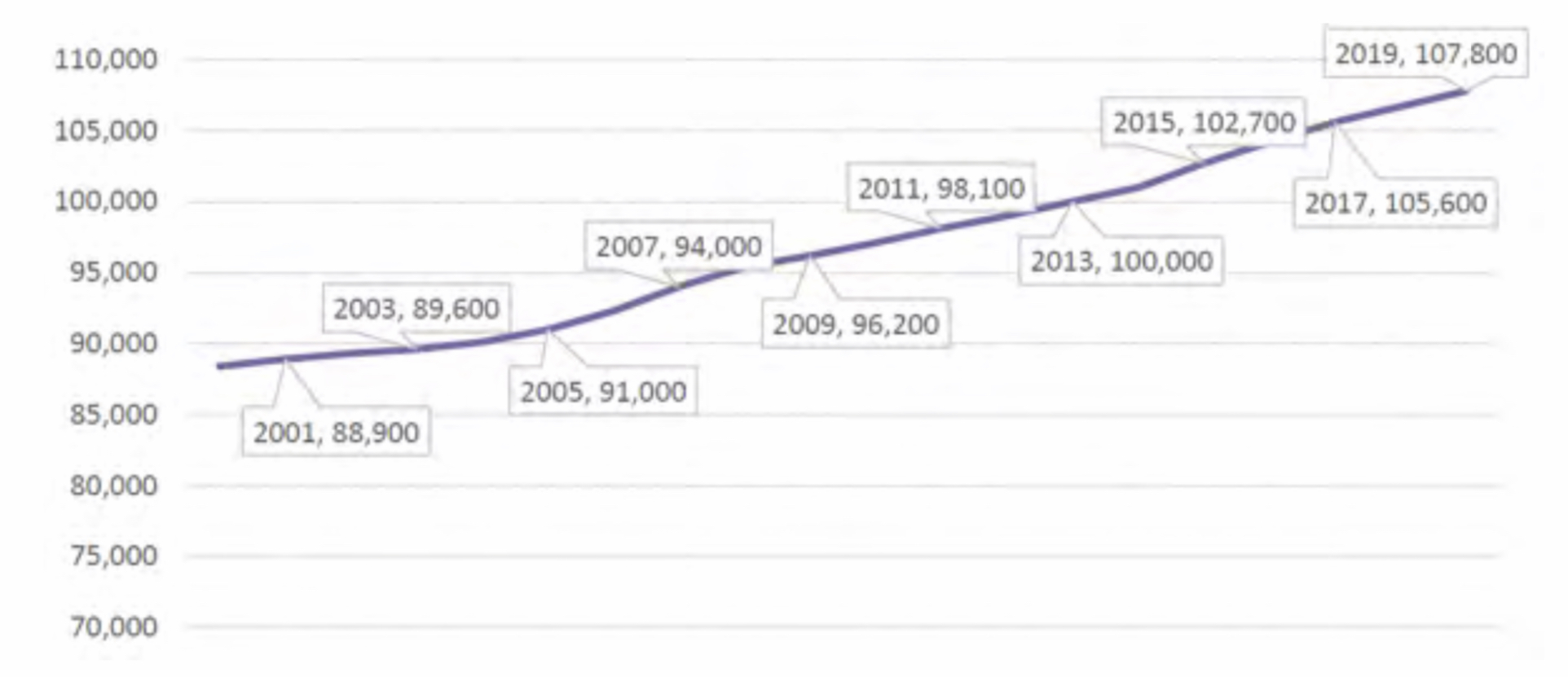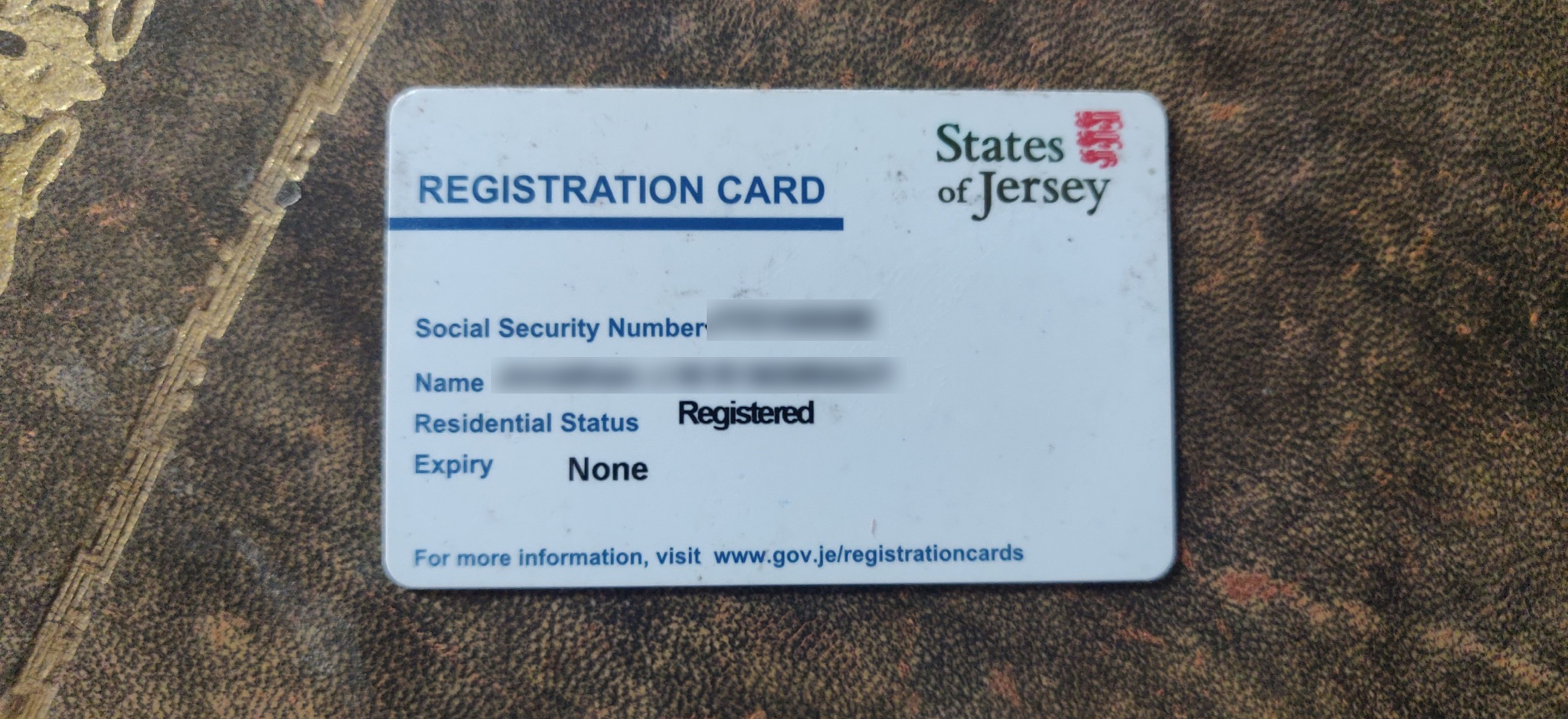


More new registration cards were issued last December than in any December since the current work and housing controls came into force eight years ago.
In the month that the hospitality sector locked down and travel was significantly restricted, 183 individuals (excluding Jersey-born and those aged under 18) were given registration cards.
That was the highest number since the Control of Housing and Work Law came into force in 2013, which introduced a new set of categories, including ‘entitled’, ‘registered’ and ‘licensed’.
The next highest December was 2018, when 148 new registration cards were issued.
November, however, was the fourth highest November in the eight years of the law, with 156 cards issued to individuals for the first time. The month before, though, was the second highest October for new registrations, with 222 issued, 22 fewer than 2018 but 14 more than the year before.
The figures are included in the latest quarterly report from the Population Office, covering the last three months of last year.

Pictured: How Jersey’s population has increased.
The statistics show that 3,346 registration cards in total were issued in the final quarter of last year.
Of those, 2034 registration cards were issued to British nationals, including 558 people who were Jersey born.
439 cards were issued to Portuguese nationals, 164 to Polish nationals and 122 to Romanian nations. The number for other named nationalities were in double figures, and there were 178 of ‘other nationalities’ who only made up single figures when grouped with other compatriots.
When it came to additional licences sought by businesses for employees, 128 applications for ‘registered permanent’ licenses were received in the fourth quarter and 70% of them (89) were granted.
There were 167 applications for all categories of ‘registered’ licence (permanent, seasonal and contract) and 77% (128) were approved; and there were 76 ‘licensed’ applications and 98% (74) were granted.

Pictured: Everyone who works and lives in the island needs to have a registration card.
The construction and quarrying sector were granted the most ‘registered permanent’ licenses over the quarter (27), wholesale and retail received the most licences for all ‘registered’ categories (28) and finance were given the most ‘licensed’ licences (30).
These figures will all feed into a debate taking place in the States Assembly this week to develop a population policy in Jersey. It is ‘in committee’, meaning that there won’t be a vote at the end, with its purpose purely to record the views of Members.
Against this background are other key statistics on Jersey’s population.
For example, the resident population of Jersey at year-end 2019 was estimated at 107,800.
This has meant that during the last 10 years, the resident population is estimated to have increased by 11,700, with net inward migration accounting for 80% of this increase. The natural excess of births over deaths accounts for the remaining increase.
The average increase in the resident population between 2016 and 2019 inclusive, at 1,300 per year, was around four times that at the start of the previous decade, when between 2001 and 2004, it was 400 per year.
Research has shown that Islanders think that controlling the population should be a key Government priority but the situation is complex, not least because of the Island’s increasingly ageing population.
The three-year ‘bridging’ Island Plan, which is currently being drafted and will dictate planning policy to the end of 2025, is based on a net population increase of 800 a year.
The Government expect to publish its population policy in October before it is debated in December. The findings of Sunday’s census are expected to be published early next year.
Comments
Comments on this story express the views of the commentator only, not Bailiwick Publishing. We are unable to guarantee the accuracy of any of those comments.